37 GPTs for Spatial Analysis Powered by AI for Free of 2025
AI GPTs for Spatial Analysis are advanced artificial intelligence tools designed to analyze and interpret data related to physical spaces and environments. Leveraging the power of Generative Pre-trained Transformers (GPTs), these tools provide tailored solutions for mapping, geographical data analysis, urban planning, and environmental monitoring. By processing vast amounts of spatial data, they assist in identifying patterns, predicting trends, and making data-driven decisions in the spatial analysis domain.
Top 10 GPTs for Spatial Analysis are: Geometry,Overpass API Query Generator for OpenStreetMap,ARCGIS PRO Help,ChatGIS,GIS MAPPING,QGIS Assistant,GIS GPT,ArcPy Expert,QGIS Helper,GeoPro
Geometry
Solving Geometry with AI-Powered Precision

Overpass API Query Generator for OpenStreetMap
Crafting Maps with AI-Powered Precision
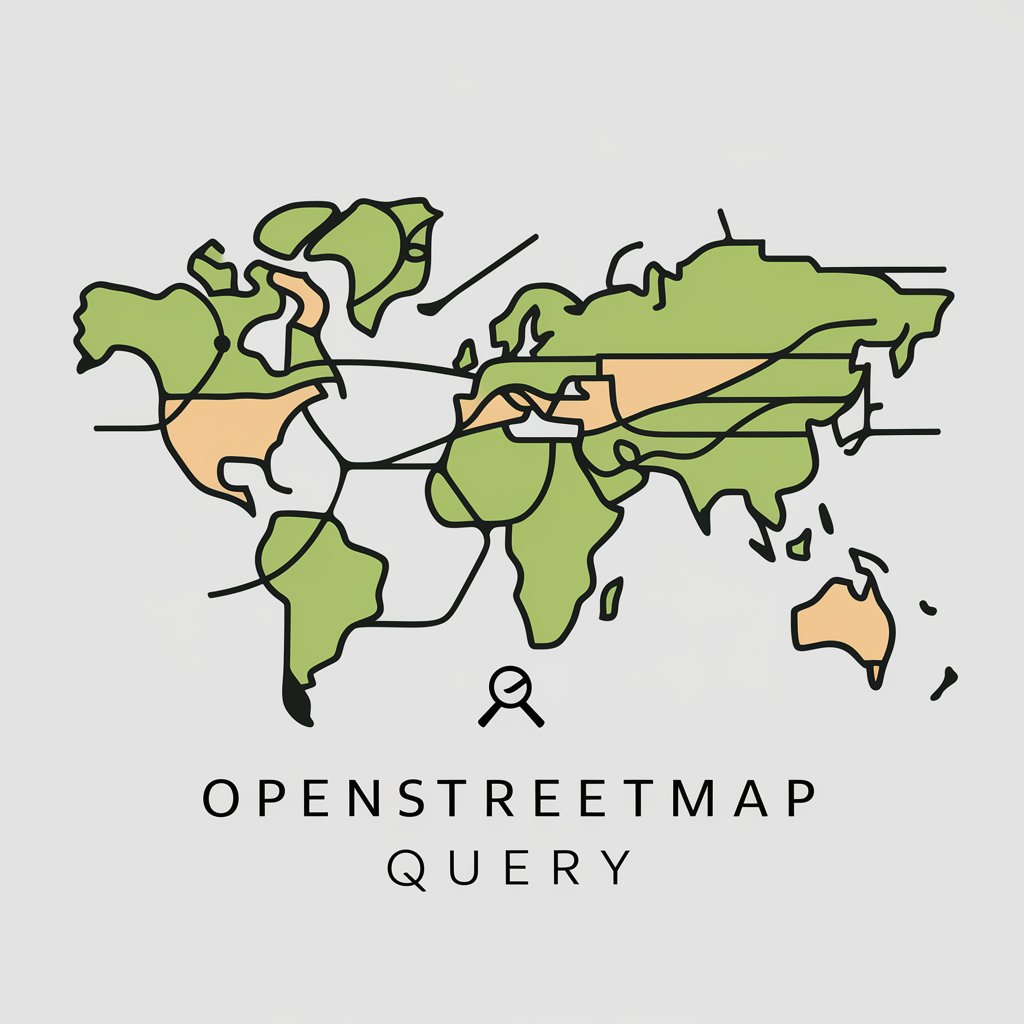
ARCGIS PRO Help
Empowering GIS Solutions with AI
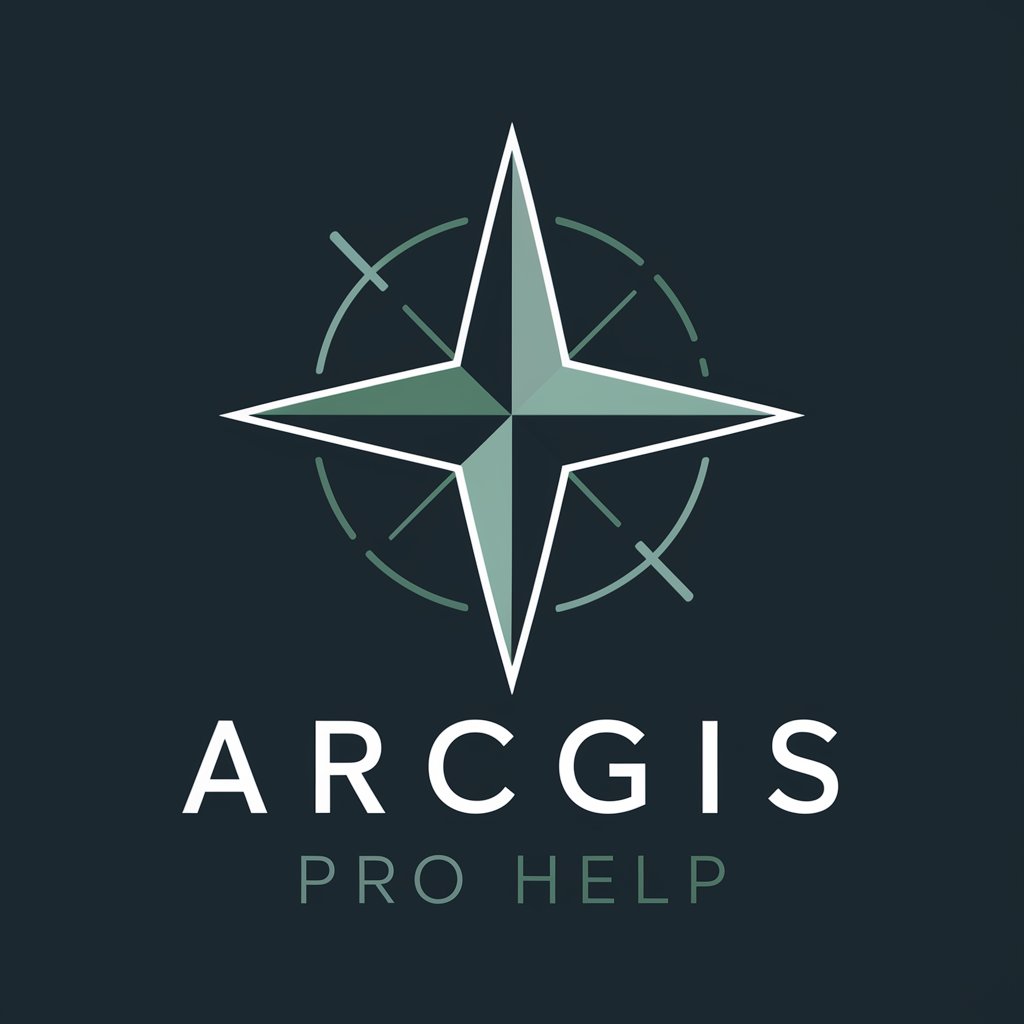
ChatGIS
AI-powered Geospatial Intelligence at Your Fingertips
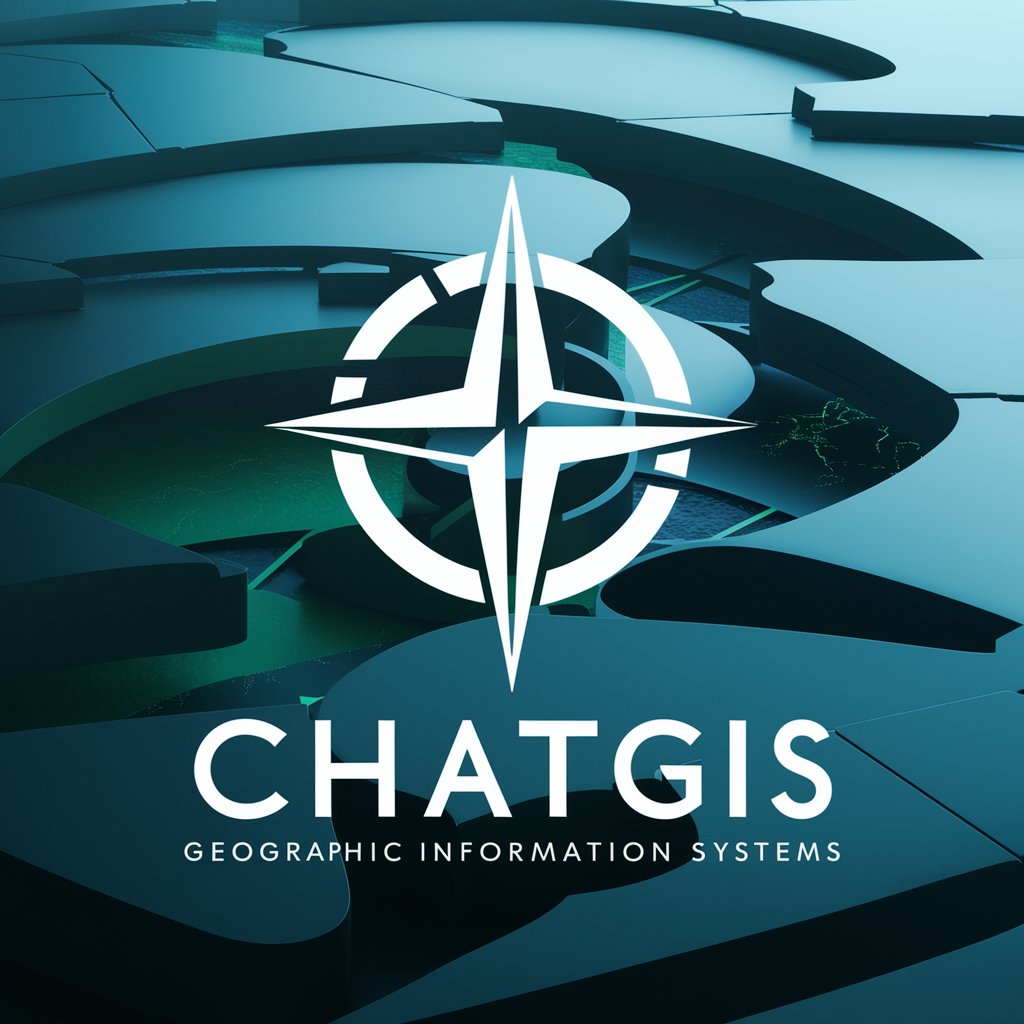
GIS MAPPING
Empowering spatial decisions with AI
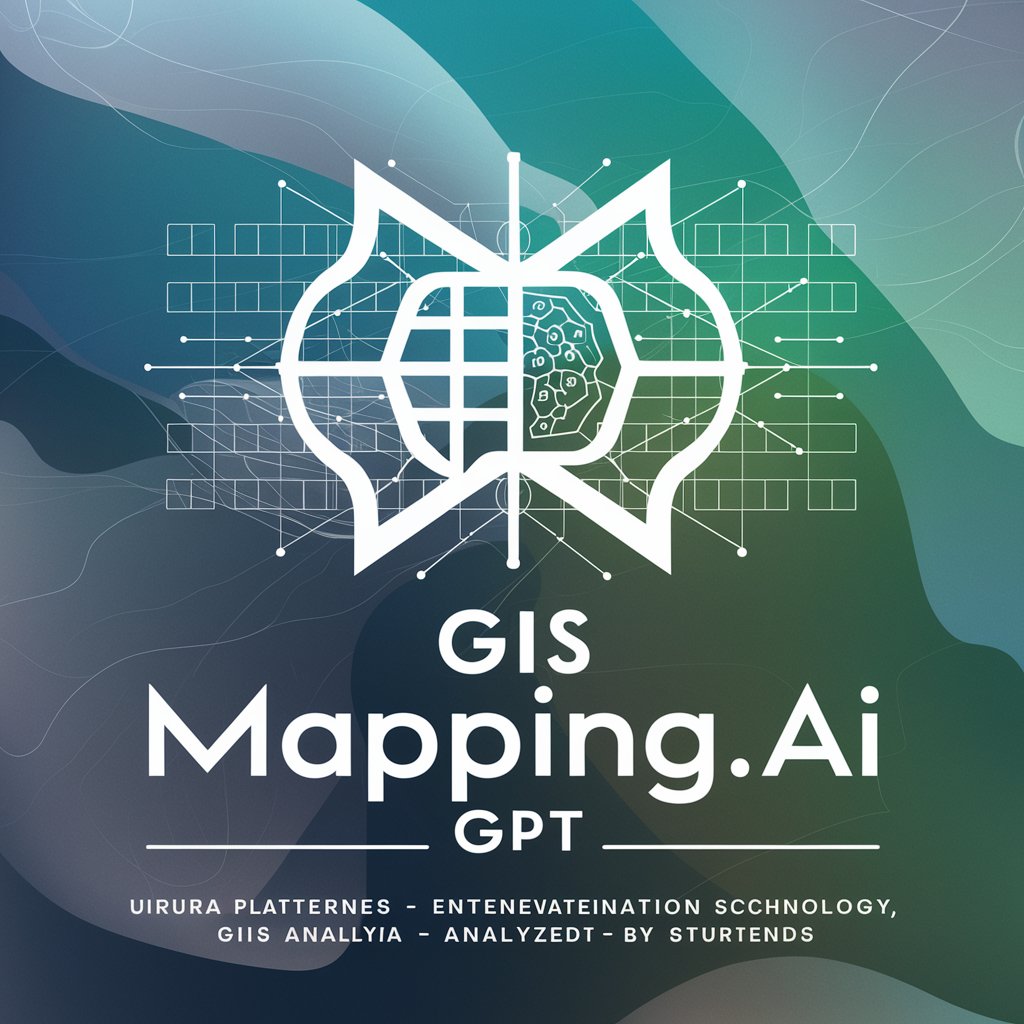
QGIS Assistant
AI-powered GIS solution expert
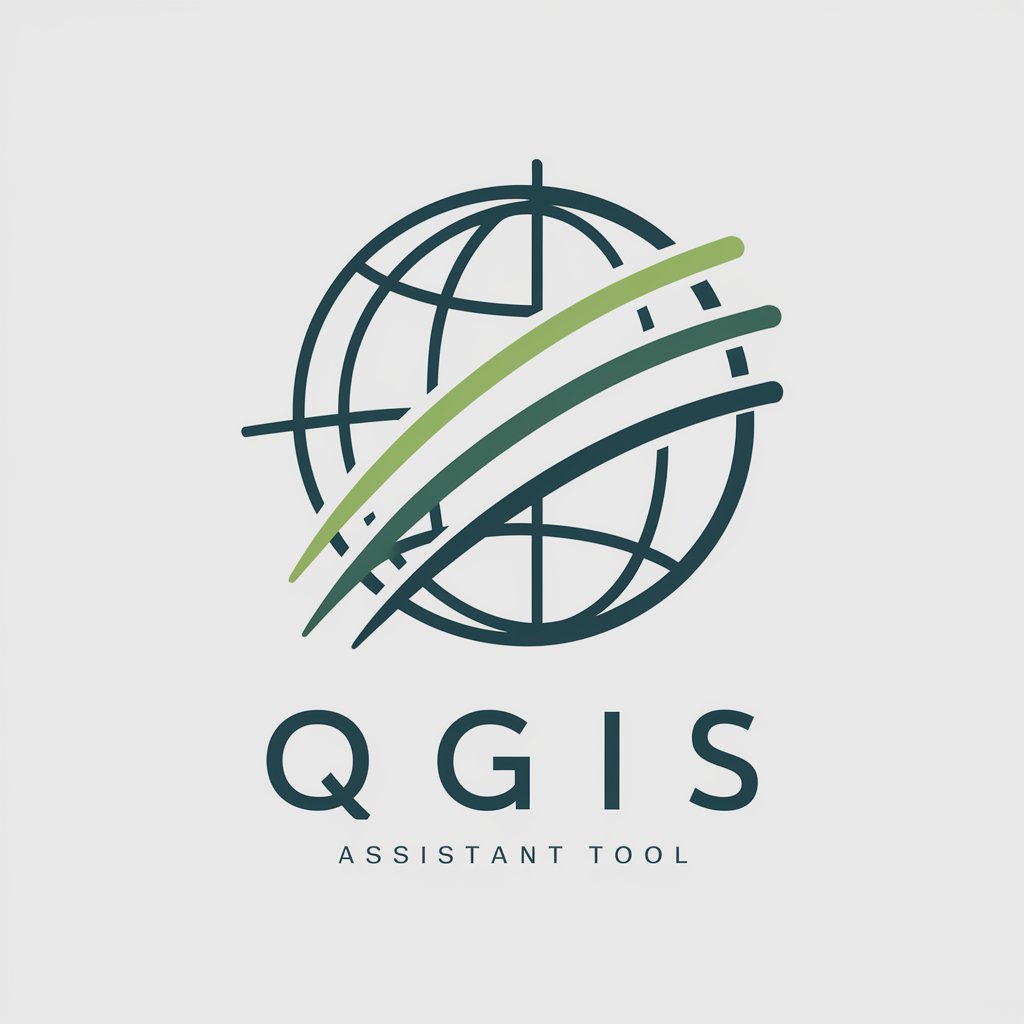
GIS GPT
Navigating GIS with AI-Powered Precision
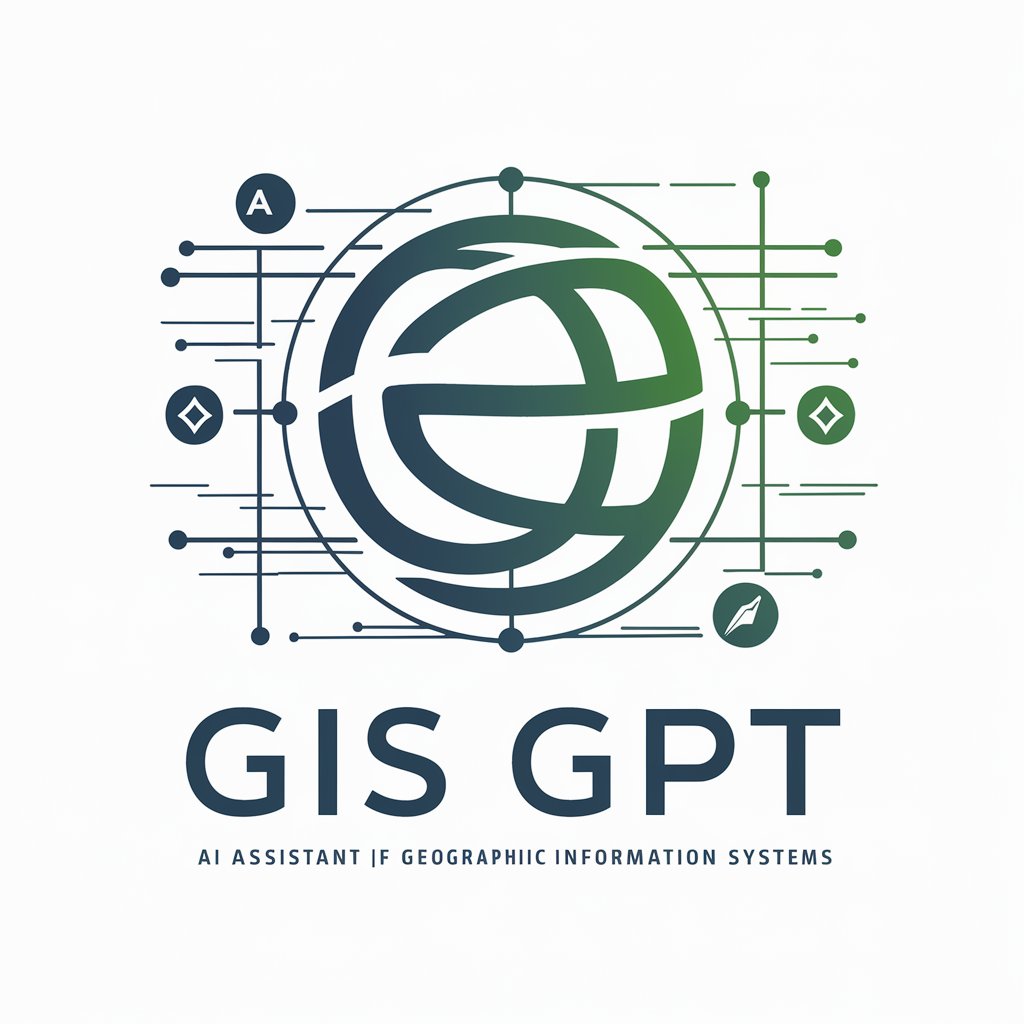
ArcPy Expert
Powering GIS with AI

QGIS Helper
Elevate Your GIS with AI
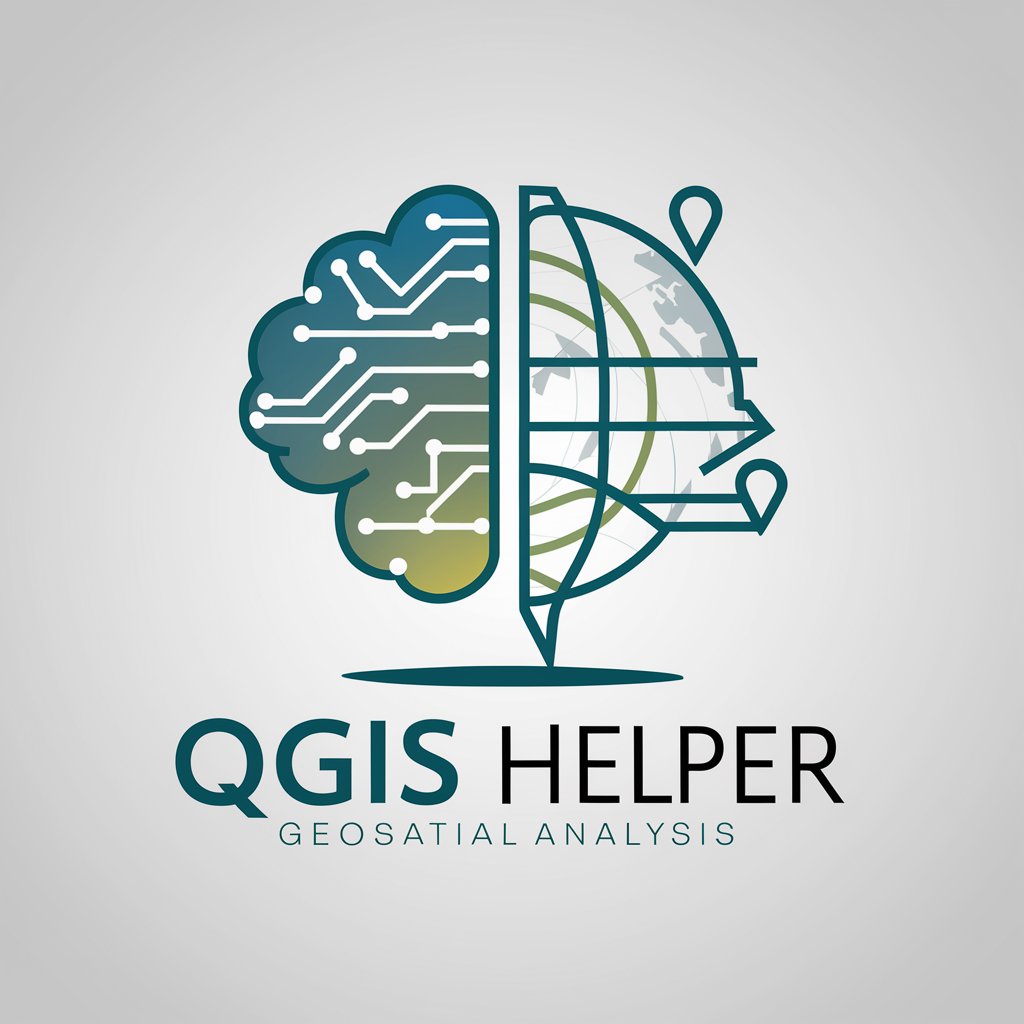
GeoPro
AI-Driven GIS Development
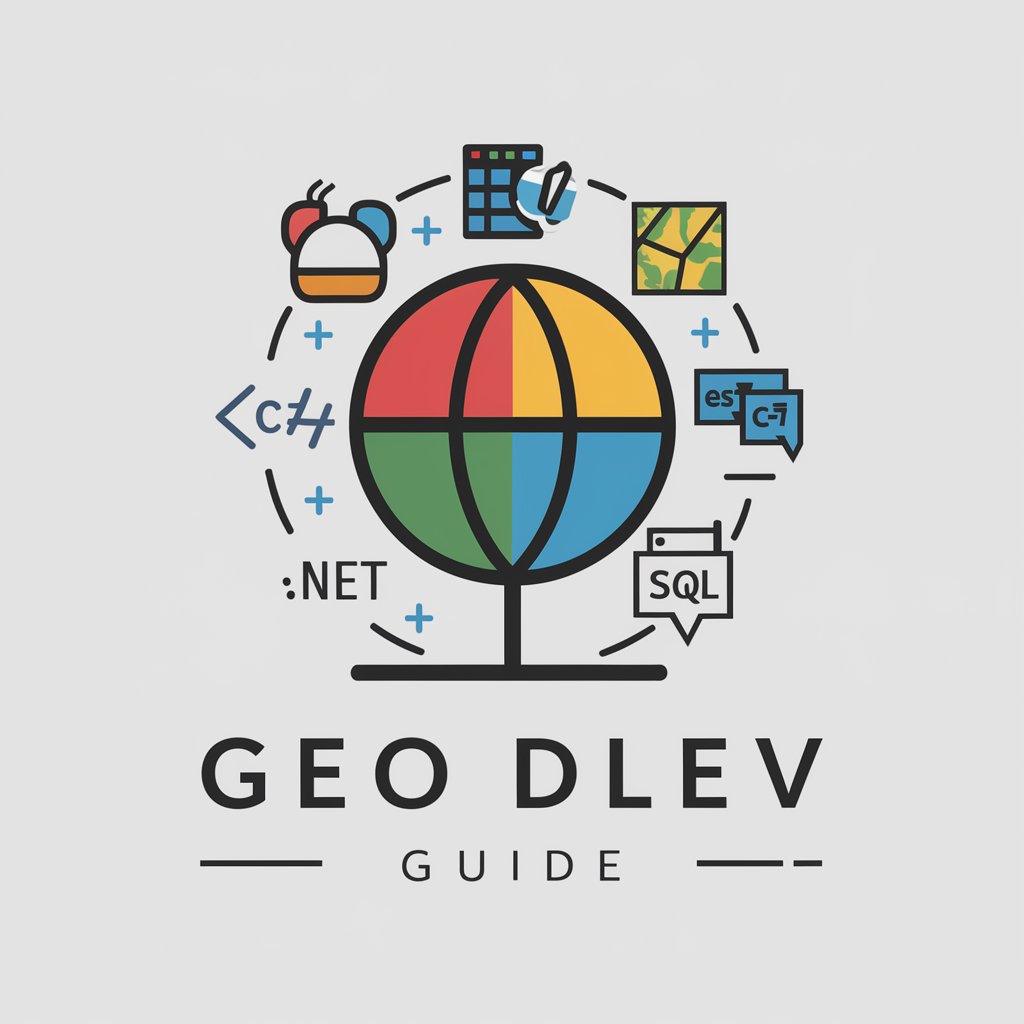
Cloud PostgreSQL & PostGIS Pro
Empowering spatial insights with AI

ArcPy Pro
Streamlining GIS with AI-Powered Efficiency
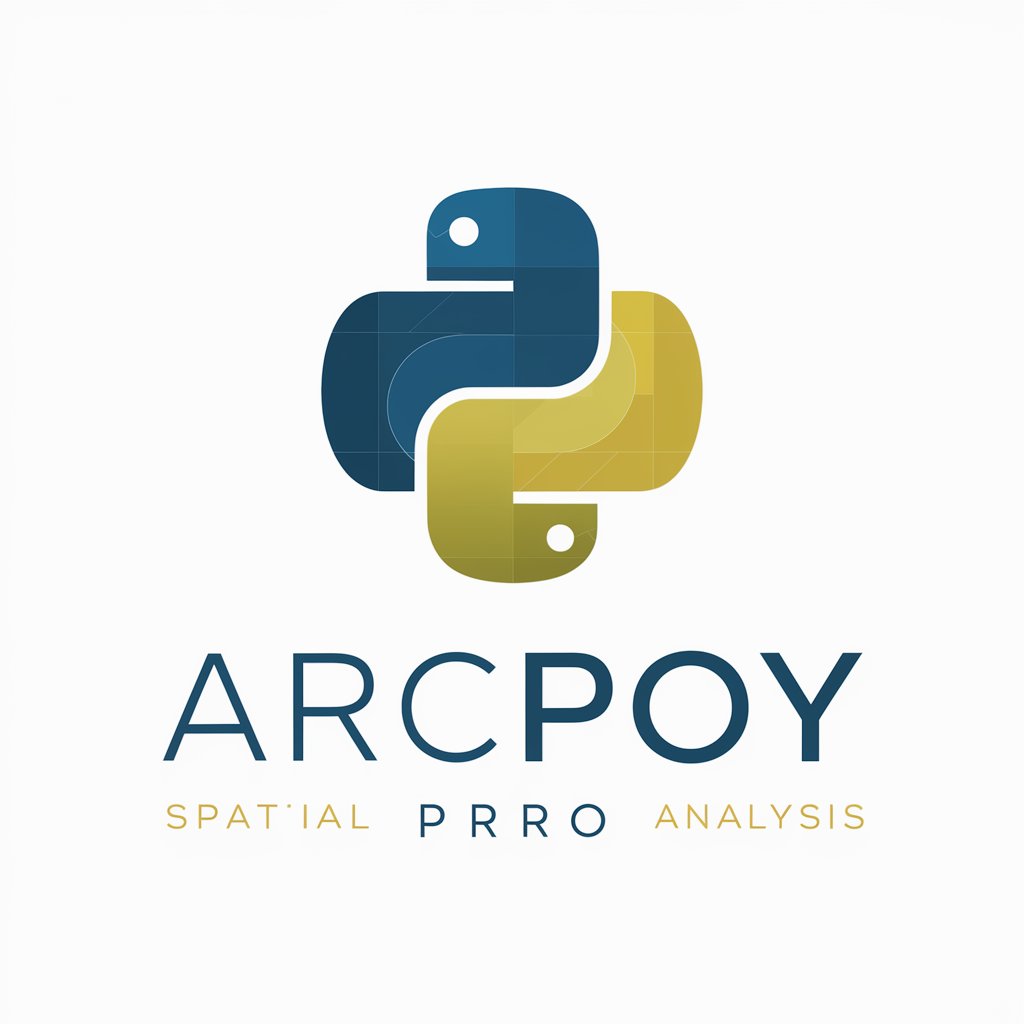
GMT绘图专家
Mapping the Future with AI-Driven Cartography

Environment analysis for urban planners
AI-Powered Urban Environment Insight

GIS GPT
Empowering your GIS projects with AI

Mappy by Scribble Maps (beta)
Visualize and Collaborate on Maps Powered by AI

GIS error dealer
Solving GIS errors with AI-driven guidance.
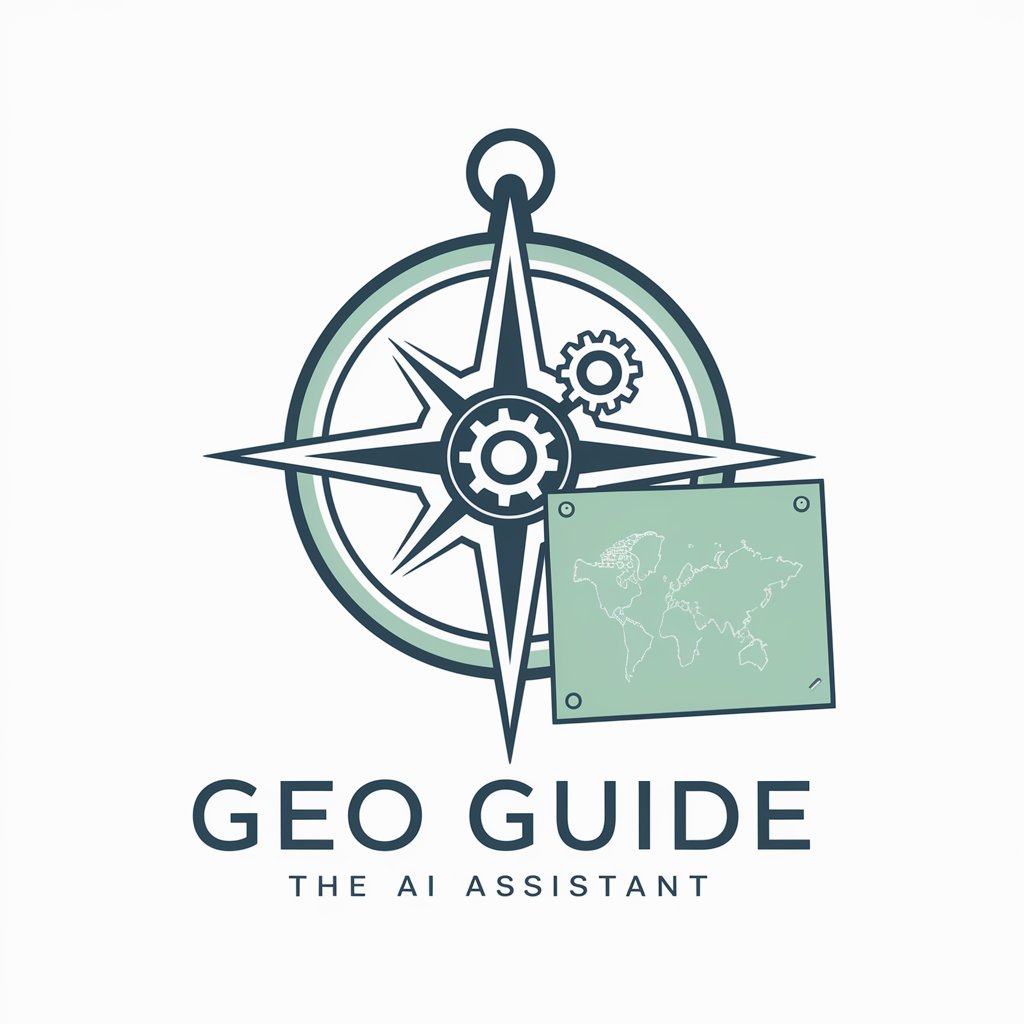
🌏 GeoGrapher: Mapping Insights 📊
Empowering insights through AI-driven mapping
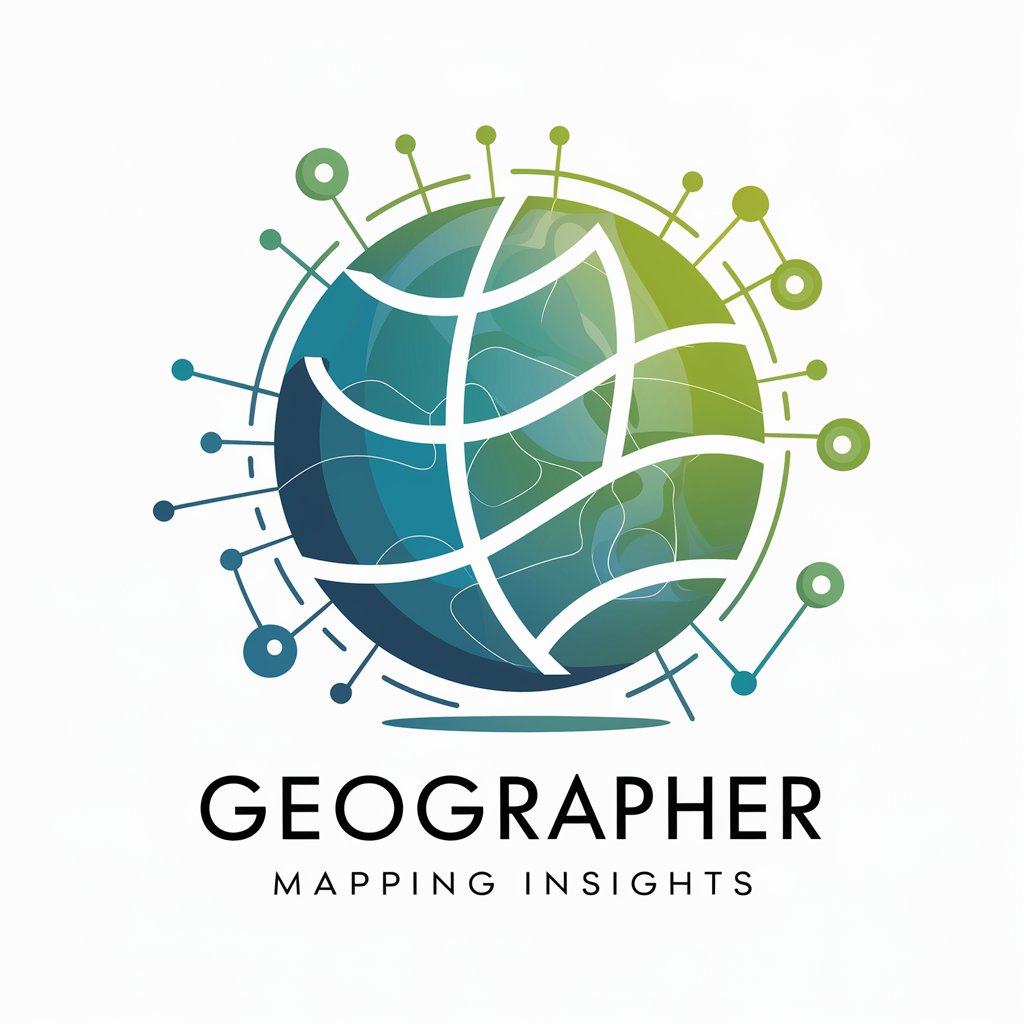
地理数据 Python 辅导
Optimizing geospatial analysis with AI-powered Python guidance.

Interior Design Synthesist
Blending theory with aesthetics for transformative interior spaces.

Atlas ∞ Analyse Géospatiale et Cartographie
Mapping the future with AI-powered geography.

Experto GIS
Elevate your GIS projects with AI-powered assistance.

GIS CHAT
Empowering GIS projects with AI
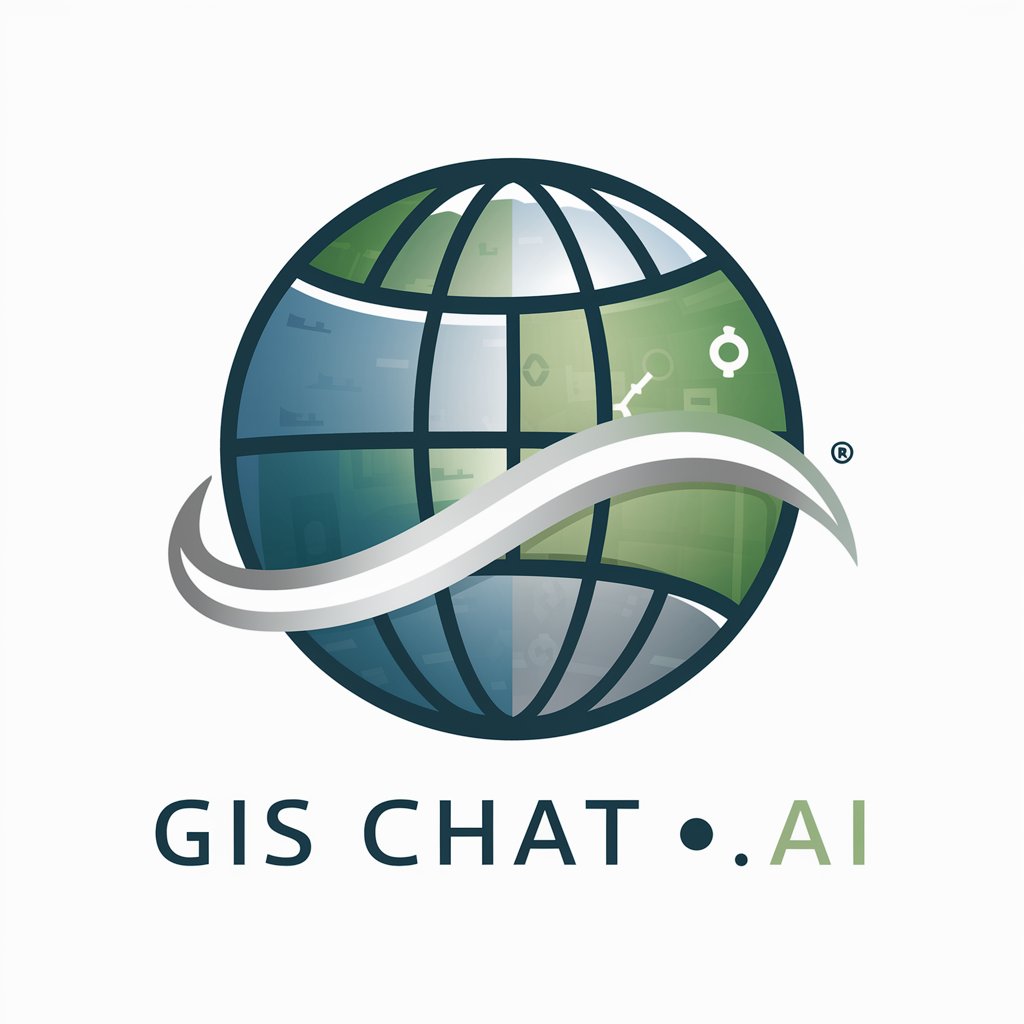
Spatial Computing Architect
Blending physical and virtual worlds seamlessly.

Key Attributes and Functions
AI GPTs for Spatial Analysis are distinguished by their adaptability, enabling them to perform a range of tasks from basic mapping to complex predictive modeling. Key features include advanced natural language processing for interpreting and generating textual data about spatial information, integration capabilities with GIS software and databases for enhanced data analysis, and machine learning algorithms for predictive analytics. Specialized functionalities, such as satellite image interpretation and 3D modeling, further set these tools apart, offering comprehensive solutions for spatial data analysis challenges.
Intended Users of Spatial Analysis AI
These AI GPT tools cater to a diverse audience, including geography enthusiasts, urban planners, environmental scientists, and GIS professionals. They are designed to be accessible to novices without programming skills, thanks to user-friendly interfaces, while offering advanced features and customization options for developers and technical experts in the field. This dual approach ensures that a wide range of users can leverage these tools for spatial analysis, regardless of their technical background.
Try Our other AI GPTs tools for Free
Mobile Accessibility
Discover how AI GPTs are revolutionizing mobile accessibility, offering adaptable, user-friendly solutions for a more inclusive digital experience.
Format Preservation
Discover AI-powered tools for Format Preservation, designed to ensure data integrity across platforms. Ideal for professionals managing digital content.
Strategy Simulation
Explore AI GPTs for Strategy Simulation: Tailored, intelligent tools designed to enhance strategic decision-making through advanced simulations and predictive analytics.
Repository Analysis
Discover how AI GPTs revolutionize Repository Analysis, offering automated insights into code quality, dependencies, and more for improved software development.
Social Satire
Explore the cutting-edge of humor with AI GPTs for Social Satire, tools designed to generate insightful, humorous commentary on societal norms and behaviors, making satire more accessible and impactful.
Style Mimicry
Discover how AI GPTs for Style Mimicry transform creativity and technical projects by adapting to various styles, offering customized solutions for everyone from novices to professionals.
Further Observations on AI GPTs in Spatial Analysis
AI GPTs for Spatial Analysis offer innovative solutions across various sectors by providing detailed insights into spatial data. Their user-friendly interfaces facilitate easy adoption, while integration capabilities allow for the enhancement of existing systems or workflows. These tools not only improve efficiency and accuracy in spatial data analysis but also open new avenues for research and development in geographic information science.
Frequently Asked Questions
What is spatial analysis in the context of AI GPTs?
Spatial analysis in AI GPTs refers to the use of these tools to analyze and make predictions about geographical and environmental data, using advanced algorithms and machine learning.
Can AI GPTs for Spatial Analysis integrate with existing GIS platforms?
Yes, many AI GPTs for Spatial Analysis are designed to integrate seamlessly with popular GIS platforms, enhancing their data processing and analysis capabilities.
Do I need to know programming to use these tools?
No, these tools often come with user-friendly interfaces that do not require programming knowledge, making them accessible to a broad audience.
How can AI GPTs improve urban planning?
AI GPTs can analyze large datasets to identify trends, predict future developments, and assist in making informed decisions, thereby optimizing urban planning and development processes.
What are the customization options available for developers?
Developers can access APIs, use programming interfaces for custom algorithms, and integrate the tools with other software for enhanced functionality and tailored spatial analysis solutions.
Can these tools process real-time data?
Yes, some AI GPTs for Spatial Analysis are capable of processing real-time data, allowing for timely analysis and decision-making.
How do AI GPTs handle large datasets?
AI GPTs are equipped with powerful algorithms and computing capabilities to efficiently process and analyze large volumes of spatial data, identifying patterns and insights.
Are there any specific sectors that benefit most from these tools?
Sectors such as urban planning, environmental management, real estate, and transportation can greatly benefit from the insights and efficiencies provided by AI GPTs for Spatial Analysis.